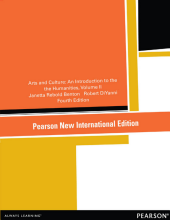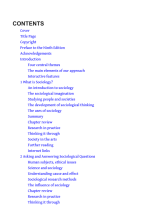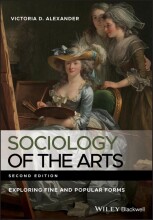Romanticism and Realism - Romanticism - Philosophy
5 important questions on Romanticism and Realism - Romanticism - Philosophy
Who was George Friedrich Wilhelm Hegel?
What is the key concept of Hegel's (1770-1831) historical change and "Absolute Spirit"?
- Hegel argued that history is a series of moments, each of which evolves out of a previous conflict.
- His "Absolute Spirit" was the idea that history unfolds in time by having the spirit of one time (thesis) later being countered by an opposite spirit (antitheses), which later merges into a spirit that has elements of both previous spirits in it (synthesis).
Who was Jean-Jacques Rousseau?
- Jean-Jacques Rousseau (1712-1778) was a French philosophical writer.
- He was the first and most influential explorer of the self the West.
- His work Confessions is a great example of reflective self-analysis.
- His early works, such as Discourse on Inequality, concern social themes.
- In stark contrast with contemporaries Swift and Voltaire, Rousseau believe in the basic goodness of humanity.
- Rousseau marks a radical shift from a philosophy that emphasizes on authority and power to one that celebrates freedom and individualism.
- Higher grades + faster learning
- Never study anything twice
- 100% sure, 100% understanding
The sentiments about nature expressed in Romantic paintings were quickly adopted in the United States?
Why is that?
Who was Ralph Waldo Emerson
- Ralph Waldo Emerson (1803-1882) was an American author, best known for his essay Nature, about the union of humanity with nature.
- He was one of the American thinkers that called themselves Transcendentalists, based on the work of William Wordsworth and Immanuel Kant.
The question on the page originate from the summary of the following study material:
- A unique study and practice tool
- Never study anything twice again
- Get the grades you hope for
- 100% sure, 100% understanding































